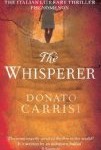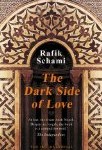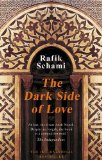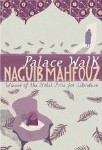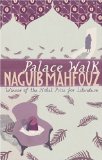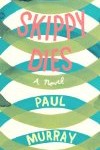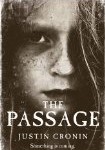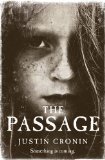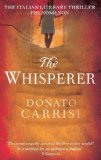 Translated from the Italian by Shaun Whiteside
Translated from the Italian by Shaun Whiteside
Five words from the blurb: missing, girls, arms, police, secrets.
I hadn’t heard of this book, but spotted it in my library and was sold by the bold lettering on the cover proclaiming it to be:
The Italian Literary Thriller Phenomenon
The blurb informed me that it had won lots of Italian book awards and was a record-breaking bestseller in Europe and so I decided to give it a try.
The plot revolves around the discovery of a circle of arms buried in a forest. The bodies of the girls that they belonged to can not be found and so the hunt for their serial killer begins.
I initially loved this book. The writing style reminded me of Sophie Hannah and I was totally gripped to the horror that was unfolding.
A fresh anxiety took hold of her. She had put her own life and the hostage’s at risk. And now she was scared. Scared of making another mistake. Scared of stumbling at the last step, the one that would take her out of this horrible lair. Or discovering that the house would never let her go, that it would close in on her like a silken net, holding her prisoner for ever.
Unfortunately things began to unravel as the plot progressed. I began to feel patronised by the way the book repeated things and over-explained every situation. It was definitely a case of being told what was happening, rather than shown.
There were several sections where I had to suspend my disbelief. I don’t mind this to some extent in a thriller, but the plot in this book stretched my tolerance threshold to the limit.
I guess my main problem with this book is the marketing. The Whisperer isn’t a literary thriller. It is a good thriller, but it doesn’t have the depth I’d expect from a book marketed with the word “literary”. I can see why thousands of people would enjoy flicking through this on the beach, but I was frustrated by the two-dimensional characters and the increasingly bizarre plot twists.
Recommended to those who enjoy fast paced thrillers that focus on plot rather than character.

.
